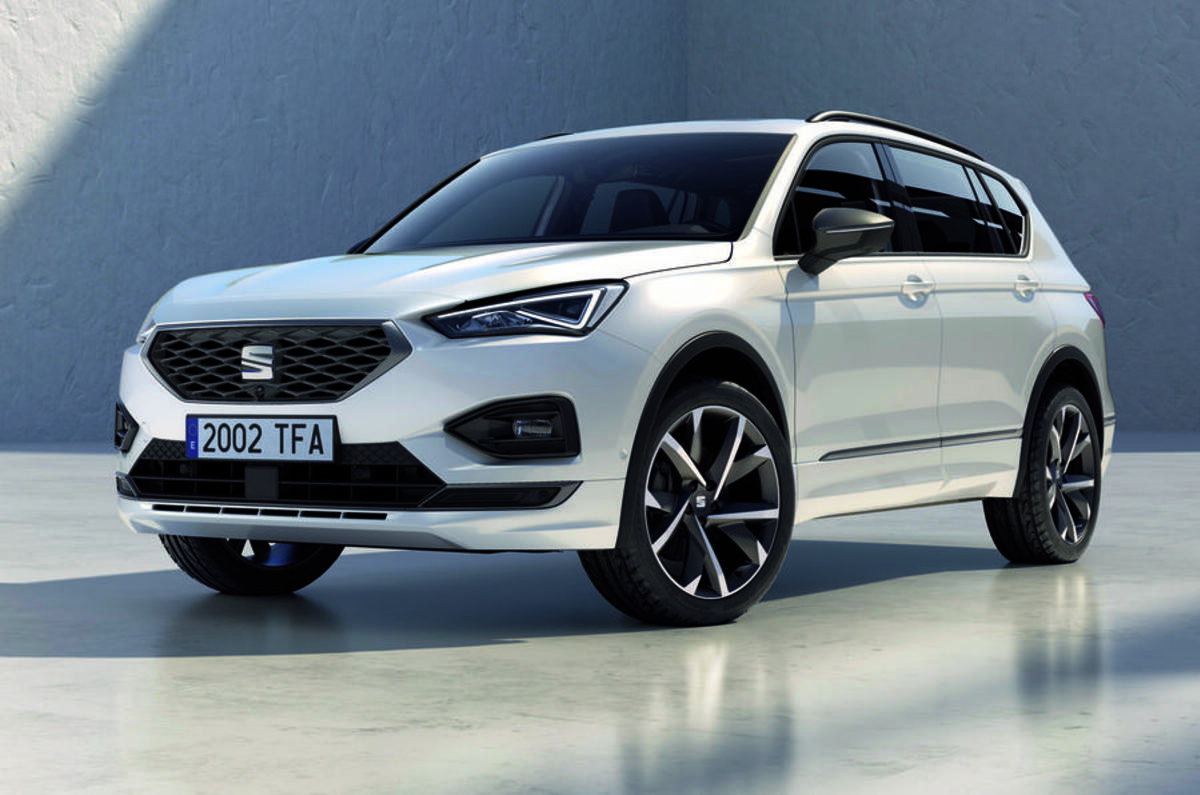Seat broke its sales record for the second consecutive year in 2019, thanks to the success of its SUV line-up and the growth of the Cupra sub-brand – but it has warned that the Covid-19 pandemic makes it impossible to make any forecasts for this year.
The Barcelona-based firm sold a total of 574,078 vehicles last year, a 10.9% rise on its record 2018 total. Seat’s three-strong SUV line-up, comprising the Seat Arona, Seat Ateca and Seat Tarraco, accounted for 44% of that total, up from around a third in the previous year. Meanwhile, sales of Cupra models rose 71.8% year on year, to 24,664.
Seat sold 68,822 cars in the UK, its third largest market behind Germany and Spain, which represented a 9.5% year-on-year increase.
With the rise in sales of SUVs and the premium Cupra models, Seat’s average per-vehicle revenue rose by 4.2%. That helped lift the firm’s pre-tax profits by 17.5% year on year to €346 million (£309m).
Seat boss Carsten Isensee said the results “provide a solid foundation on which to build the company’s long-term future”.
The firm increased spending on long-term investments and R&D by 3% to €1.259 billion (£1.12bn). Seat is taking the lead within the Volkswagen Group on the entry-level version of the MEB electric platform that will be used for the Volkswagen ID Entry and other small car models around four metres in length.
Marketing chief and Cupra boss Wayne Griffiths said Seat’s focus for 2020 will shift from simply growing its sales. He said: “Our main goal for this year is to improve the profitability of our sales and stabilise our market share.” Griffiths added that Cupra is “a strategic priority”, because of the higher revenues of its models.
Seat will launch five electric or electrified models in 2020 and 2021: the electric Seat Mii, plug-in hybrid versions of both the Seat Leon and Cupra Leon, the Seat Tarraco PHEV, the Cupra Formentor PHEV and the Seat El-Born EV.
As with all car firms, Seat is facing massive uncertainty this year due to Covid-19, with production at all its sites temporarily suspended. Isensee said: “The coronavirus pandemic prevents any reliable forecast regarding the impact on the global economy and Seat’s performance in 2020.”
In the longer term, Seat is focusing on expanding its presence in Latin America. It sold 24,314 vehicles in Mexico last year (up 5.4%) and expanded into Chile. It is also developing expansion plans for Colombia and Peru.









Add your comment